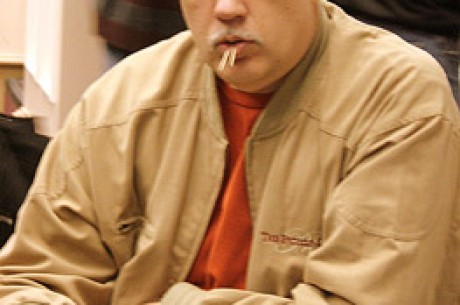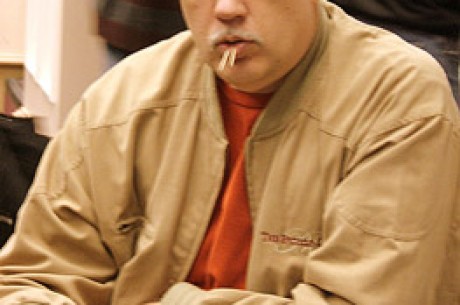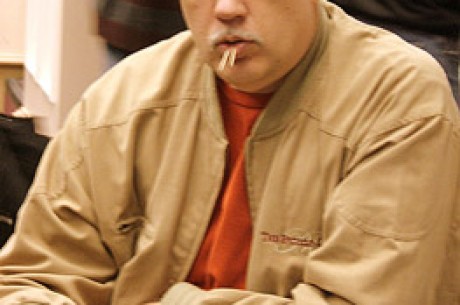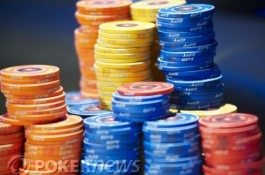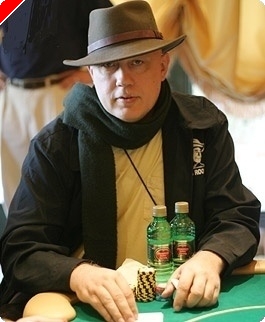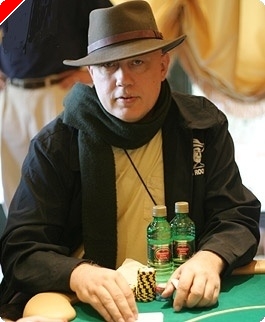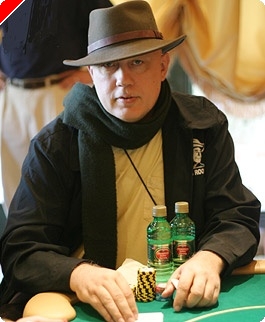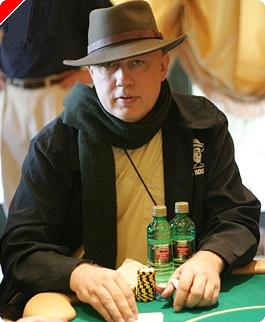Inside the Poker Tour - 26
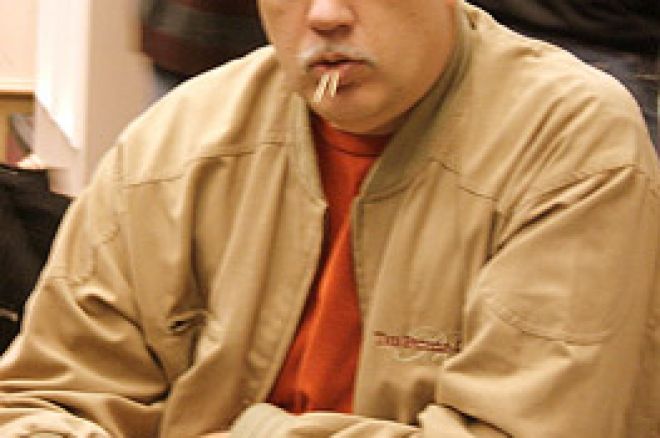
This traveling poker player is writing this from Hong Kong and will not see "home" again until the last two weeks of December. People romanticize the notion of traveling the world playing tournaments, and they are often in very nice locales, but at some point it is like being at a carnival with endless free rides. As my longtime friend Steve Zolotov drolly said to me one of these past years in Aruba, "Another day in paradise."
In any case you will be hearing from me about the Monte Carlo Millions at thanksgiving time, the Superstars of Poker III, and the Five Diamond Poker Classic later in the year. After my visit to my home I will be off to the Bahamas Jan 4 to 11th of 2006 and then the Australian Championship in Melbourne from January 12th to 28th before returning to Los Angeles for the Commerce tournament that dominates the month of February!
One ray of sunshine to this working man came when I was able to cancel my trip to Foxwoods, Connecticut because the Professional Poker Tour (PPT) postponed its appearance there, and intends to kick its second season off beginning in May (I assume that means at the Mirage tournament, although that is unconfirmed as of this writing.). I adjudge the fact that civilization has been found when I can get a good cappuccino and a good internet connection and I got neither last year at Foxwoods. On top of which the weather is bad and although good food is available in the area you have to know where to find it. Additionally this stop is low on my list because it has the most backward system for running a huge poker room that I have ever seen, a system that was clearly put in place by someone who knew how to run a blackjack pit for a corporation, and had no clue about what might work in a poker room. Now that reminds me of the fact that I designed a tournament for a casino more than ten years ago and after the first one was held I informed them that a certain change was critical and yet to this day they still hold three tournaments a year using a format that I strongly recommended they scrap!
Okay, okay, back to poker! I played in 15,000 dollars worth of events at the Festa al Lago IV without getting into the money and so did not play in the main event, which was a 10,200 dollar buy-in event with 420 runners. First place was a little over one million dollars but the most surprising part of their payout structure was that 100 players were paid, almost one in four!
At one preliminary event, a 2,080 dollar buy-in no-limit tournament where we started with 4,000 in chips [at Bellagio events you begin with a stack that is twice the size of the buy-in], I was at a table with Ted Forrest. Ted is a great player who likes to see a lot of flops and out-read and out-play his opponents as the hand completes itself. I like to use Ted as a fantasy pick when I enter such a pool as he often goes deep into a tournament by making great decisions. The following hand illustrates that and came up at the first level [25-50 blinds] which I began with 6,300 in chips while Ted had 2350. Two players limp in front of me and I call with the 10s9s in midfield, the button calls and Ted completes in the little blind and the big blind checks with six of us taking the flop which comes 8s7s5h, this is possibly the greatest of drawing flops for me with 21 potential outs and a minimum of eight certain outs. Ted bets out for 300, which is the size of the pot, and my read on him is that he likely has an eight for the top pair on the flop, although possibly a hand like AsJs with two over-cards and the nut flush draw. Another thing his bet tells me is that he is likely to commit to the result of this hand because he is betting into five hands which have given out very little information and so the chance of him floating a trial balloon into so many opponents off a short stack is very small.
Five opponents in an unraised pot makes the chance that someone has a large part of an 8-7-5 flop quite substantial as at the least they will likely hold 66, A6 suited, or 10-9 and possibly an over-pair or a set, or in this case, with two spades on board, a flush draw. Of course we know that in this particular case I hold a hand that is an open-ended straight draw and a flush draw for sure with some possibility that it might make a winner by pairing either over-card as well. The three players to my right all pass and it is decision time. In big-bet holdem you should only raise with a draw early in the tournament when you are willing to put all your chips at risk but as I have 4,000 more than Ted and 2,000 more than the button this will not happen. I could reasonably raise as a semi-bluff with a good chance of success but I am so enamored with my hand that even though I do not have a complete hand, nor the intention to throw it away no matter what actions take place, I want to allow the button a chance to enter the fray and so I just call. Additionally seasoned professionals like Ted would regard an all-in play, or any large raise in this spot, as suspicious because there are so many possible draws on the board. The button passes and the turn is the meaningless deuce of clubs with Ted betting out for another 600. It is decision time again, raise or call? Now there is only one card to come and so my draw is only half as big as it was on the flop. Ted's bet leaves him only 1400 and the pot is 1500 before I call, so is he committed? I think the answer to this question is "it depends"; it depends on how I put the chips into the pot, it depends on how strong he decides my hand is, heck it might depend on whether or not he has dinner reservations with a blonde of interest to him. I decide to call and the river is the four of diamonds which leaves me holding almost the nuts, the nut nothing that is. Ted checks and I continue as though my draw was one that has a six in it and has made a straight on the river by betting 1200. If he calls and loses he will be left with 200 in chips, and this was deliberately done to try and play on the third level with his brain. He counts his call out five times and looks at me four times trying to decide whether or not to put his tournament life on the line and finally calls. I turn over my hand and he yells victoriously, "That is exactly what I was hoping to see!" and turns up Kd8d. Sigh. In the replay I have to find another way to play it. Unfortunately for both Ted and myself we were eliminated before getting to the money.
Hopefully in going through the choices I had here the reader can appreciate how difficult it is to play even one key hand perfectly. Of course being lucky enough to complete a winning hand would also be great, and remove the necessity to explain one's actions.
As Mike Caro said years ago, "You've just won a poker tournament. The first thing to do is to realize that you were lucky!" Without being lucky you are very unlikely to get to the top. I always say the nature of tournaments is suffer, suffer, suffer, suffer, suffer, elate! When you do elate it seems incredibly easy, unfortunately it is incredibly easy to suffer as well. I remember a few years ago (before his magical year of 2004) when Daniel Negreanu told me how amazed he was that he had played in something like 35 tournaments in a row without even getting into the money. Hmmmm.
Til next time...play good...and get lucky!

